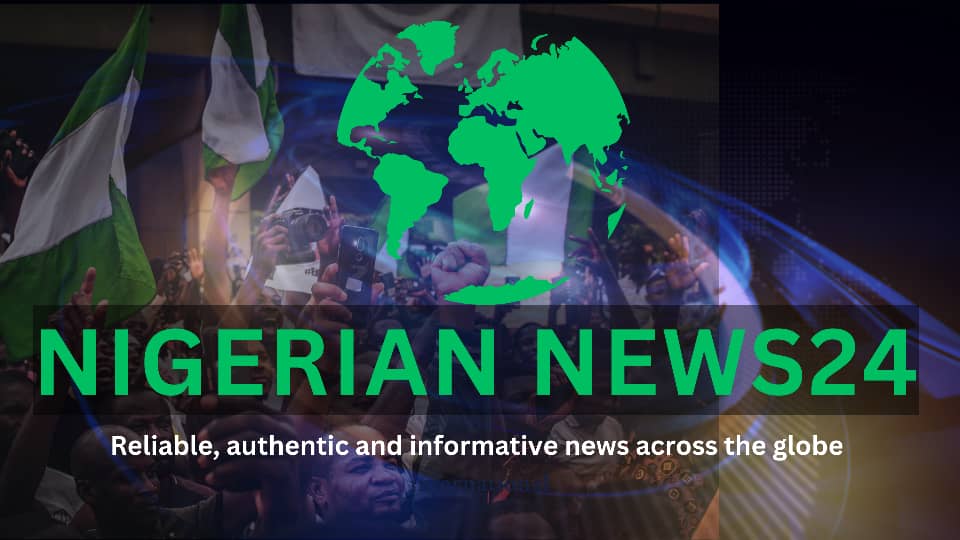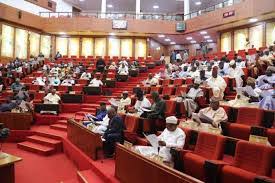By Nigerian News24 staff
Security Experts and Civil Society Groups Slam Senate’s Proposed National Security Summit
The Nigerian Senate’s plan to host a two-day national security summit has faced strong criticism from security experts and civil society groups, who caution that the initiative may prove ineffective without a solid framework for implementing its outcomes.
At a forum in Enugu on Friday, several speakers raised concerns about the summit, emphasizing that similar past efforts had generated valuable recommendations that were never acted upon, contributing to a cycle of unproductive discussions and worsening security.
Prince Cajethan Nnadi, a prominent security expert and head of a private security agency in Enugu, described the proposed summit as another example of Nigeria’s “usual frivolities” unless concrete action is taken on the resolutions.
“State police are the solution,” Nnadi argued, highlighting that it is unrealistic for security personnel from one state to secure another state they are unfamiliar with. “State police will guarantee internal security. It is the most effective model for intelligence gathering because locals understand their environment better than even advanced technology.”
Nnadi further noted that Nigeria’s security forces are often overstretched and ill-equipped, with personnel deployed to unfamiliar regions, limiting their ability to effectively address security challenges. “Let’s empower the local people to deal with these miscreants,” he added.
Mr. Ebubeagu Felix Okafor, the Enugu State Coordinator of the All Progressives Congress (APC) Coalition for Peace and Conflict Resolution, expressed disappointment over what he saw as the government’s repeated “lip service” to security issues.
He pointed to the unimplemented recommendations from the national political conference convened by former President Goodluck Jonathan as a prime example. “Insecurity is the root cause of all our problems,” Okafor said. “It has crippled the lawmakers, judiciary, and economy. No summit will solve our problems unless there is a clear, actionable framework to carry out its decisions.”
Okafor also criticized the National Assembly for its failure to hold security agencies accountable, despite numerous hearings and invitations. He warned that insurgents were reportedly acquiring more advanced weapons than the Nigerian military, which he claimed exposed deep-rooted issues in the country’s security system.
Security consultant Cyril Obosi proposed an alternative to the summit, suggesting the establishment of an independent investigative committee to examine defense spending, particularly in light of allegations of corruption and inefficiency within security agencies.
“We need to completely overhaul our security structure,” Obosi stressed. “There are reports that sophisticated military-grade weapons are ending up in the hands of insurgents. This is dangerous for our national security.”
Obosi also warned that Nigeria’s food security was under threat, with many children unable to attend school due to insecurity. “The government must act now, or we risk facing a major economic crisis,” he added.
Despite these concerns, the Senate insists that the summit is a necessary step toward building a national consensus on security.
However, even the Minister of Defence, Mohammed Badaru, expressed doubts earlier this week, stating, “Strategy is far more important than a summit.”
As insecurity continues to plague various regions—ranging from terrorism in the Northeast to banditry and kidnapping in the Northwest and Southeast—the public’s faith in high-level meetings that fail to produce concrete results is dwindling.
Experts and stakeholders warn that without political will, adequate funding, and a clear implementation plan, the summit risks becoming just another missed opportunity in Nigeria’s long struggle with insecurity.




